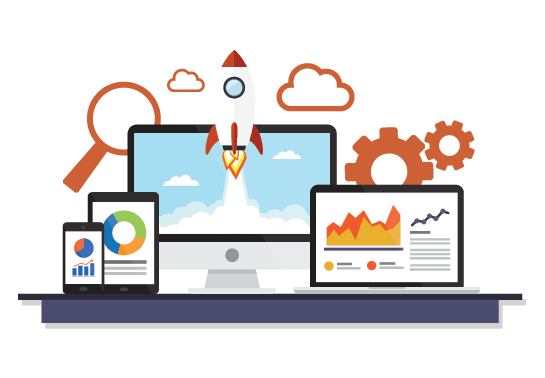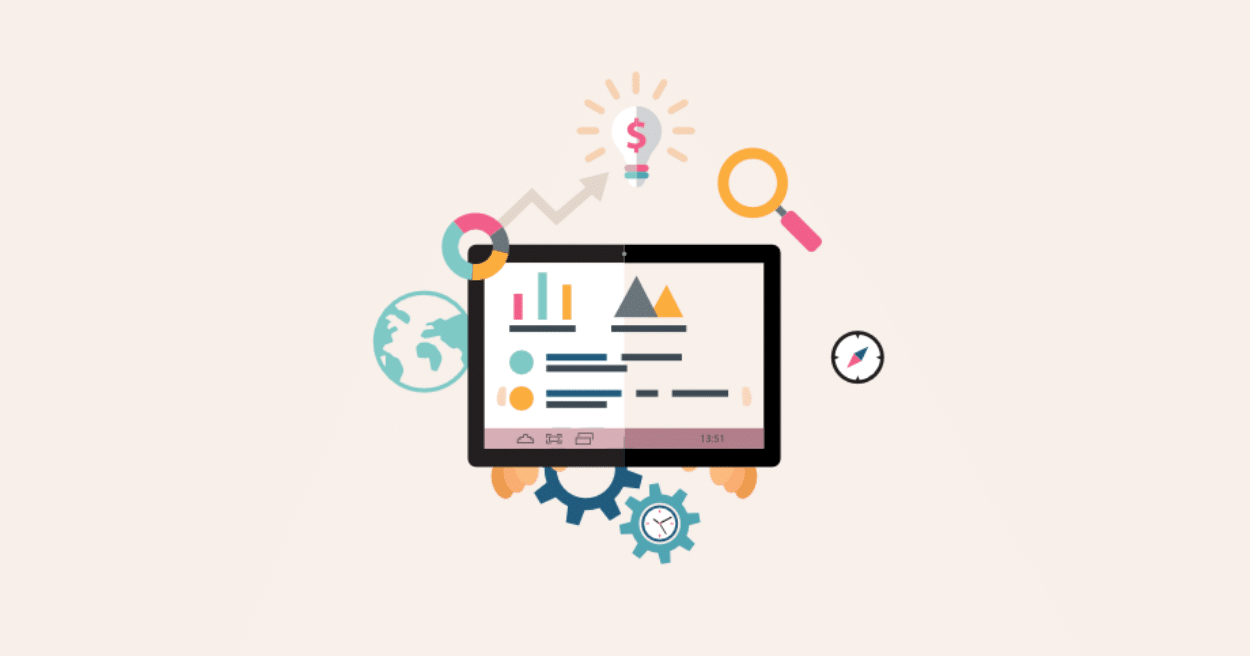In the fast-paced world of digital marketing, understanding your audience and their behavior is paramount. Social media platforms have become a goldmine of data, providing invaluable insights into consumer preferences, trends, and sentiments. However, making sense of this vast amount of data can be overwhelming without the right tools. This is where social analytics tools come into play, offering businesses the ability to track, analyze, and optimize their social media performance effectively.
Importance of Social Analytics Tools

Social analytics tools empower businesses to make data-driven decisions by providing actionable insights into their social media activities. By tracking metrics such as engagement, reach, and conversion rates, organizations can assess the effectiveness of their social media strategies and identify areas for improvement. Furthermore, social analytics tools enable businesses to monitor brand mentions, sentiment, and trends in real-time, allowing them to respond promptly to customer feedback and capitalize on emerging opportunities.
Social Analytics Tools Types
1. Basic Analytics Tools
Basic analytics tools offer essential features such as tracking likes, shares, and comments across various social media platforms. These tools provide businesses with a basic understanding of their social media performance but lack advanced functionalities.
2. Advanced Analytics Tools
Advanced analytics tools offer a comprehensive suite of features designed to provide deeper insights into social media performance. These tools often include advanced analytics capabilities such as sentiment analysis, competitive benchmarking, and predictive analytics.
Features to Look for in Social Analytics Tools
1. Real-time Monitoring
Real-time monitoring allows businesses to track social media activities as they happen, enabling them to stay informed about important events, trends, and conversations in their industry.
2. Sentiment Analysis
Sentiment analysis helps businesses gauge the public’s perception of their brand by analyzing social media mentions and categorizing them as positive, negative, or neutral.
3. Competitive Analysis
Competitive analysis allows businesses to benchmark their social media performance against their competitors, identify areas of strength and weakness, and gain insights into competitor strategies.
4. Reporting and Insights
Reporting and insights features enable businesses to generate customized reports and dashboards, providing stakeholders with actionable insights into their social media performance.
Popular Social Analytics Tools
1. AIM Insights
AIM Insights is a comprehensive social analytics platform that offers a wide range of features, including real-time monitoring, sentiment analysis, and competitive benchmarking.
2. Brandwatch
Brandwatch is a user-friendly social analytics tool that is ideal for small businesses and startups. It offers basic analytics features at an affordable price point.
3. Brand24
Brand24 is an advanced social analytics platform designed for enterprise-level businesses. It offers sophisticated analytics capabilities, including predictive analytics and AI-driven insights.
How to Choose the Right Social Analytics Tool
When selecting a social analytics tool, it’s essential to consider factors such as your budget, business goals, and specific requirements. Evaluate the features and functionalities offered by different tools and choose one that aligns with your needs.
Tips for Maximizing the Benefits of Social Analytics Tools
- Regularly monitor key metrics to track the effectiveness of your social media campaigns.
- Use sentiment analysis to understand how customers perceive your brand and tailor your messaging accordingly.
- Benchmark your social media performance against your competitors to identify areas for improvement.
- Leverage advanced analytics features such as predictive analytics to forecast future trends and opportunities.
Case Studies
Case Study 1: Company A
Company A used Tool 1 to monitor social media conversations about their brand and identify opportunities for engagement. By responding promptly to customer feedback and addressing concerns, they were able to improve customer satisfaction and loyalty.
Case Study 2: Company B
Company B implemented Tool 2 to track the performance of their social media campaigns and optimize their advertising spend. By analyzing campaign data and identifying high-performing content, they achieved a significant increase in ROI.
Future Trends
The future of social analytics tools lies in AI and machine learning technologies, which will enable businesses to extract deeper insights from social media data and automate decision-making processes. Additionally, there is a growing emphasis on privacy and data security, prompting social analytics tool providers to implement robust security measures to protect user data.
Challenges
Despite their many benefits, social analytics tools also pose challenges for businesses, including data overload, accuracy issues, and the need for skilled personnel to interpret and act on the insights generated.
Conclusion
In conclusion, social analytics tools play a crucial role in helping businesses harness the power of social media data to drive informed decision-making and achieve their marketing objectives. By leveraging the right tools and strategies, businesses can gain valuable insights into their audience, competitors, and industry trends, enabling them to stay ahead of the curve and succeed in today’s competitive marketplace.
If you’re ready to take your social media analytics to the next level and experience the benefits firsthand, we invite you to request a demo from AIM Technologies today. Discover how our cutting-edge solutions can empower your business to unlock actionable insights and drive meaningful results.
FAQs
How do social analytics tools differ from social media management platforms?
- Social analytics platforms are primarily focused on analyzing data and providing insights into social media performance, such as engagement metrics, audience demographics, and sentiment analysis. On the other hand, social media management tools are designed to help businesses schedule posts, manage multiple social media accounts, and engage with their audience more effectively. While there may be some overlap in functionality, social analytics tools are specifically tailored for data analysis and reporting.
Can social analytics platforms help businesses improve their customer service?
- Yes, social analytics platforms can indeed help businesses enhance their customer service efforts. By monitoring social media mentions and conversations in real-time, businesses can quickly identify and address customer inquiries, complaints, and feedback. Additionally, sentiment analysis features allow businesses to gauge the overall sentiment surrounding their brand and take proactive measures to improve customer satisfaction.
Are there any free social analytics tools available for small businesses?
- Yes, there are several free social analytics tools available for small businesses. These tools often offer basic analytics functionalities, such as tracking likes, shares, and comments, as well as providing insights into audience demographics and engagement metrics. Some popular free social analytics tools include Google Analytics, Facebook Insights, and Twitter Analytics.
What are some common pitfalls to avoid when using social analytics tools?
Some common pitfalls to avoid when using social analytics tools include:
- Relying solely on vanity metrics without considering their relevance to business goals.
- Failing to track and analyze metrics consistently over time.
- Overlooking the importance of qualitative data, such as customer feedback and sentiment analysis.
- Neglecting to customize reports and dashboards to meet specific business needs.
- Forgetting to benchmark social media performance against competitors and industry standards.
How can businesses measure the ROI of their social media efforts using analytics tools?
Measuring the ROI of social media efforts requires a comprehensive approach that takes into account both quantitative and qualitative metrics. Some key metrics to track include:
- Conversion rates: Measure the number of leads or sales generated through social media channels.
- Engagement metrics: Track likes, shares, comments, and click-through rates to assess audience engagement.
- Customer acquisition cost: Calculate the cost per acquisition for each customer acquired through social media marketing efforts.
- Sentiment analysis: Monitor the overall sentiment surrounding your brand to gauge the impact of social media activities on brand perception. By analyzing these metrics over time and comparing them to the costs associated with social media marketing, businesses can determine the effectiveness and ROI of their social media efforts.


